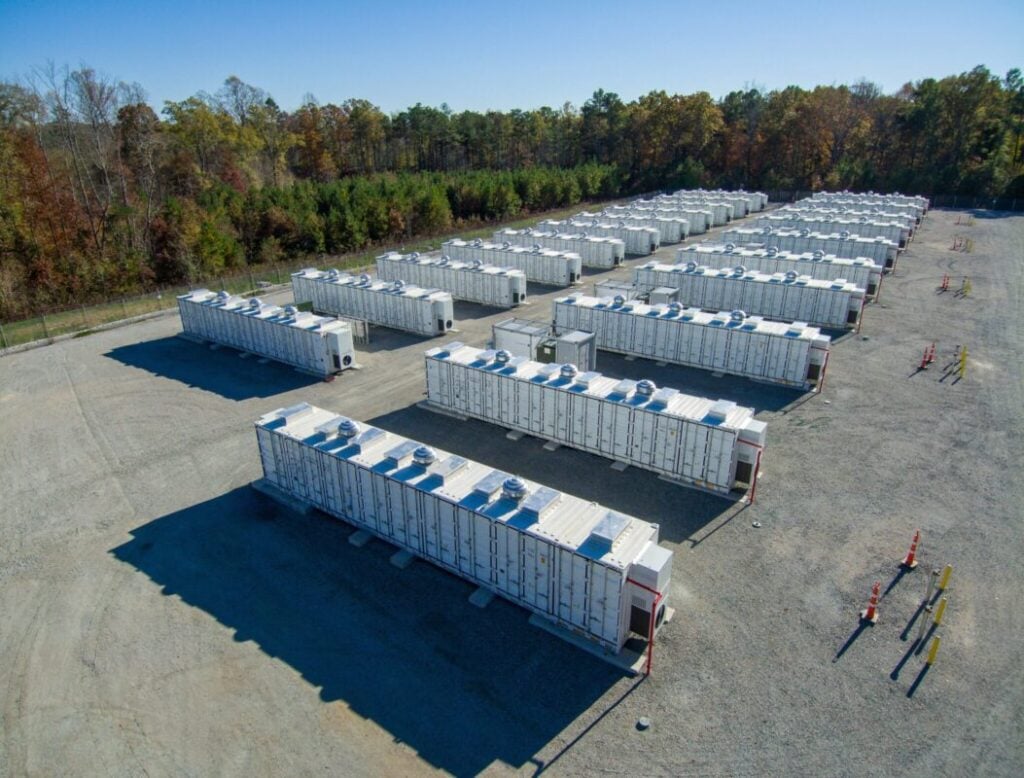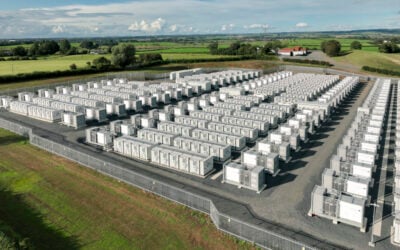
East Point Energy has been dealt a blow in its pursuit to construct a 150MW/600MWh BESS in Maryland, after local planning officials rejected a rezoning request sought by the developer.
With Worcester County’s zoning ordinance not accounting for BESS, the developer submitted its rezoning request on the grounds that the project “aligns with the County’s provisions for public utility infrastructure and essential services,” which are permitted by special exception.
This isn’t the first stumbling block encountered by East Point this year, after the developer withdrew plans for a 116MW BESS destined for upstate New York in response to a local moratorium preventing development of the technology.
600MWh PJM-interconnected BESS
Plans for the Cedar Hall Energy Center project were presented to the Worcester County Zoning Board of Appeals on 14 August by East Point Energy project developer Benjamin Hadlock, alongside attorney Mark Spencer Cropper.
Try Premium for just $1
- Full premium access for the first month at only $1
- Converts to an annual rate after 30 days unless cancelled
- Cancel anytime during the trial period
Premium Benefits
- Expert industry analysis and interviews
- Digital access to PV Tech Power journal
- Exclusive event discounts
Or get the full Premium subscription right away
Or continue reading this article for free
As outlined by Hadlock, the project is proposed for a rural 15-acre site located on the outskirts of Pocomoke City in Worcester County, Maryland.
In deciding where to locate the project, East Point opted for this location due to its rural nature and close proximity to transmission lines owned by utility Delmarva Power that feed directly into the PJM Interconnection electricity grid.
In order to minimise impacts to the surrounding viewshed, East Point Energy sited the project towards the interior of the parcel and planned to utilise vegetative screening.
After listening to concerns voiced by officials during an initial meeting held in July, East Point increased the amount of vegetative buffering located in the northeastern corner of the site.
“This facility will be completely screened from public view – for it not to be seen or heard by anybody driving by the site,” explained Hadlock.
With buffering being a key sticking point for officials and local residents, Cropper highlighted the differences between East Point Energy’s Cedar Hall proposal and an operational 1MW/3MWh BESS owned by Delmarva Power, also located in the County of Worcester.
While showing the zoning board a photo of Delmarva Power’s Ocean City BESS, Cropper pointed out “a fence that surrounds the facility that is not a blockade … you can see right through it.”
Fire mitigation
In designing the BESS, East Point worked closely with Worcester County Fire Marshal’s office and paid for officials to attend a ‘BESS 101’ fire training provided by fire safety specialist group Energy Safety Response Group (ESRG).
As outlined within its recent application, “the training addressed fundamental firefighting principles specific to BESS incidents, equipping responders with a better understanding of the unique challenges these systems present.”
Following questioning from the board during the recent meeting, Hadlock acknowledged previous BESS fires that had occurred in the US before pointing out how far the technology had advanced in recent years.
Interestingly, in discussing BESS fires, Hadlock used the example of an explosion that happened in 2019 at the McMicken ESS facility in Surprise, Arizona, over more recent incidents.
Before rounding off his address to the zoning board, Hadlock touched upon the benefits of locating a BESS at the site over alternative renewable technologies.
“We think this is a solution that eliminates the concerns for both visual impacts that you might have from wind – which we hear about quite frequently – and then prime agricultural impacts that you might have with solar,” said Hadlock, in an apparent reference to the Trump Administration’s continued opposition to the deployment of offshore wind turbines.
Enforceability of decision
Following East Point’s presentation, the board conducted an almost hour-long public hearing on the project, with almost all speakers voicing their opposition to the plans.
After the public hearing, the board voted 4-1 in favour of dismissing East Point’s rezoning request without much further discussion taking place.
Despite the majority of the meeting participants rejoicing and preparing to leave at this point, one zoning board member was heard questioning the enforceability of its decision.
“You need to put on the record why you are denying the motion,” said the official, followed by another who added, “otherwise, it will get appealed.” Because of this, the zoning board decided only to deny East Point’s rezoning request on a preliminary basis.
The zoning board will now gather evidence to back its denial ahead of its next meeting, scheduled for 11 September, where a final decision will be made.
East Point Energy sent Energy-Storage.news the following brief statement shortly after publication of this story in response to a request for comment:
“Cedar Hall Energy Center will strengthen the Delmarva power grid by providing reliable and affordable electricity to the Pocomoke area residents. This project will support the local economy by generating tax revenue, which will help fund schools, emergency services, and local businesses. We look forward to our continued work with the community.”





